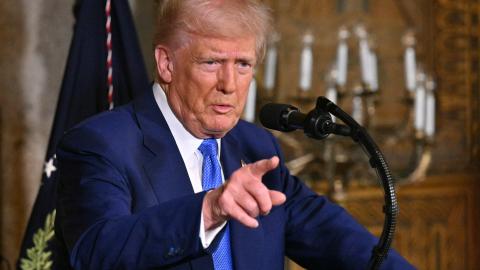As Donald Trump almost blew up the trans-Atlantic alliance last week, the usual hand-wringers who have bemoaned every step in the president’s rise were out in force, as incandescently eloquent and as irredeemably futile as ever. Mr. Trump’s MAGA-world supporters also were in full cry, hailing the daring originality of a man whose supposed 3-D chess moves break all the rules.
What the cheerleaders and the mourners alike missed is that Mr. Trump’s Russia policy is, in many respects, mainstream. Like Gerhard Schröder and Angela Merkel, the president wants to look past political and ideological differences with Moscow to develop mutually beneficial economic links. Like Barack Obama, he believes that antagonism between the U.S. and Russia is an anachronistic echo of the Cold War. Like Joe Biden, Mr. Trump wants to park Russia: to avoid the pain, difficulty and expense of confronting Moscow by establishing some kind of working arrangement with it.















